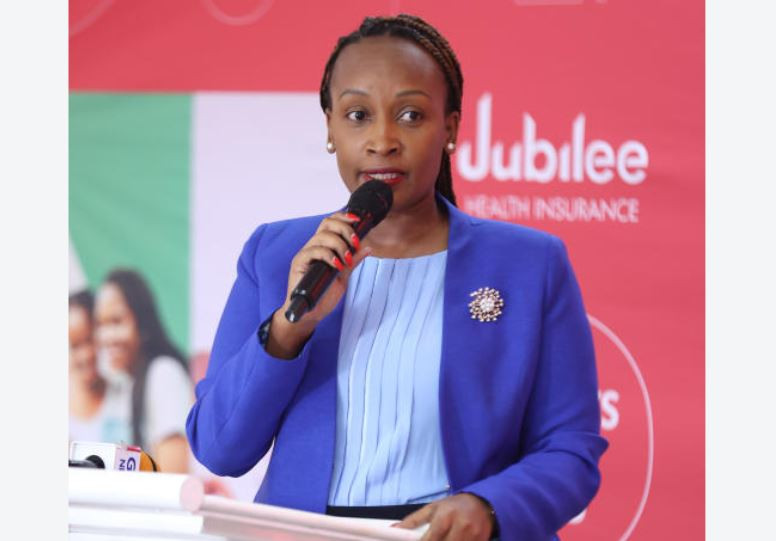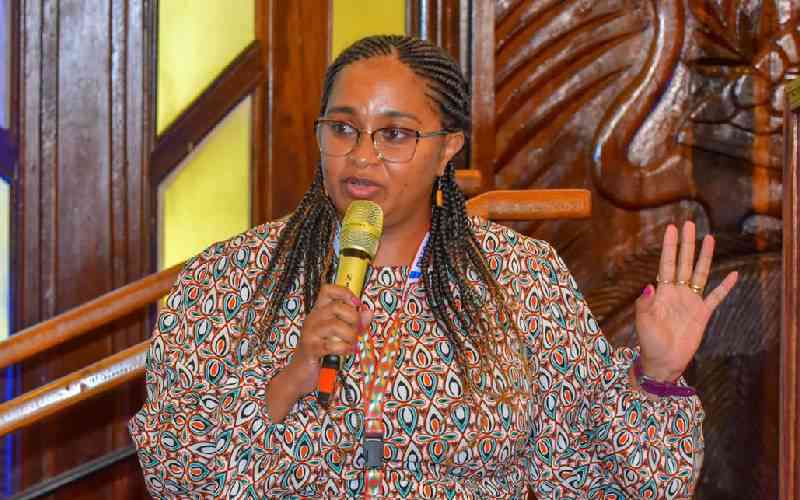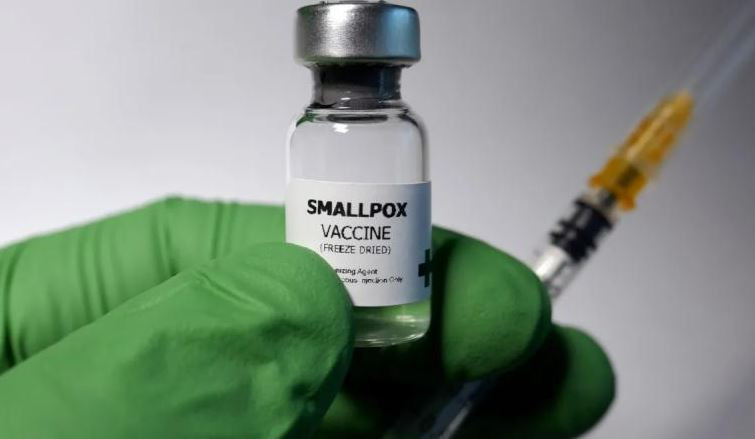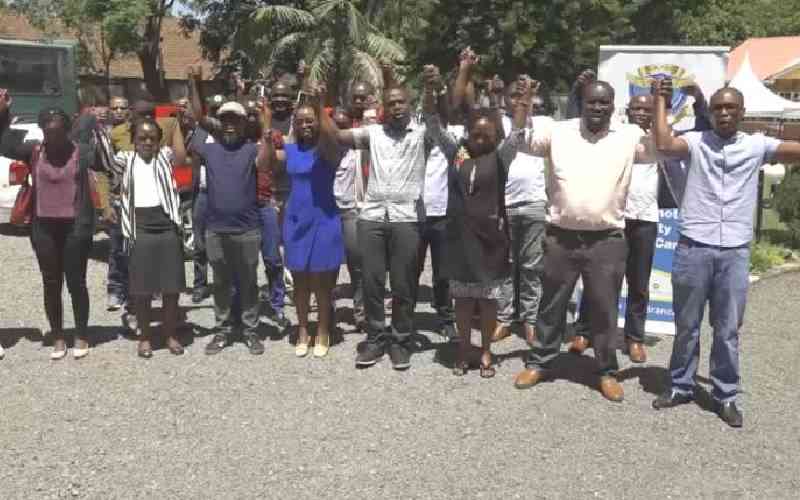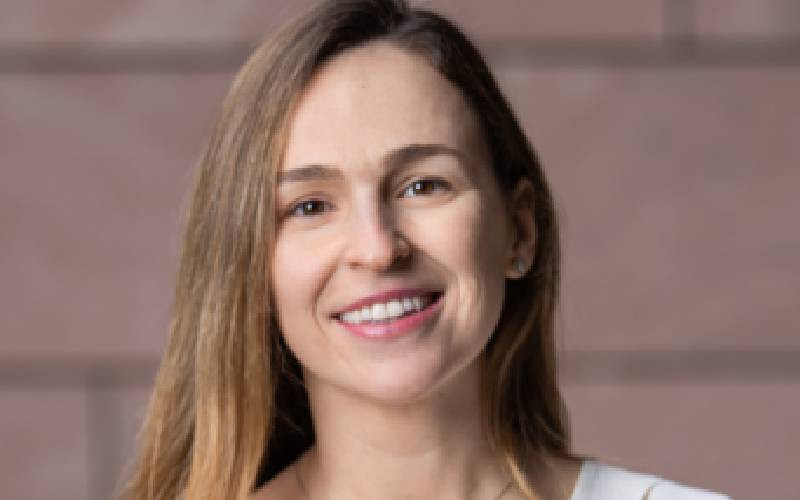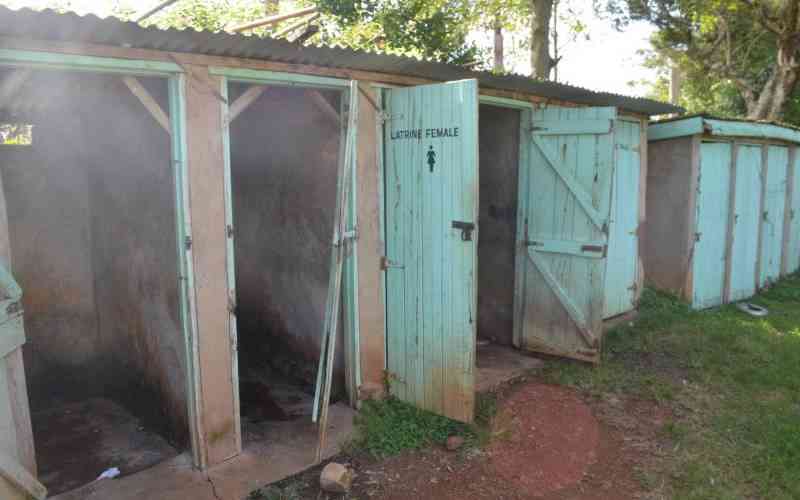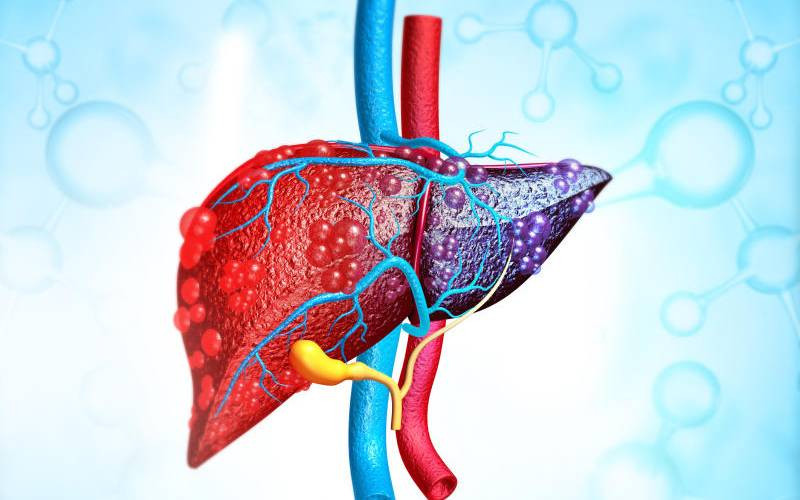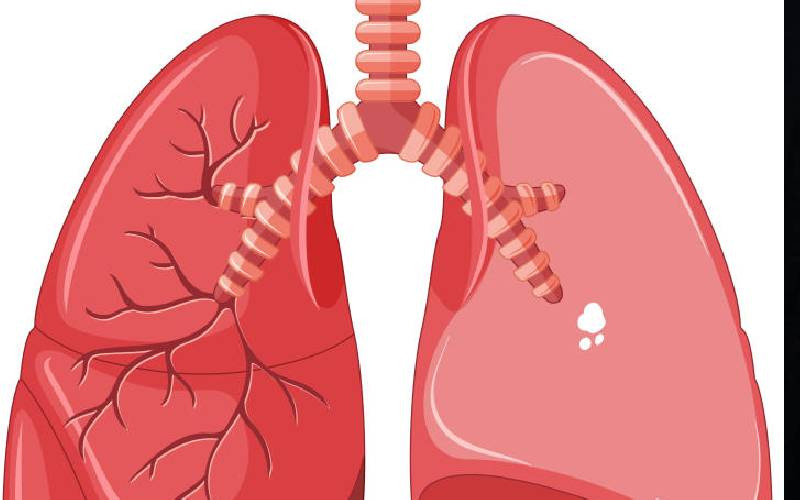
South Sudan is one of the countries in the region that is grappling with high child mortality rates, largely driven by preventable diseases, such as pneumonia and diarrhea. However, these saddening deaths stem from a deeper situation, in which most of the countries are finding themselves -conflict.
In the north, a riveting, yet repulsive civil war has been going on for almost 20 months, with devastating effects on children, who are now in the grip of disease and starvation.
As these happen, Kenya must take note.
While South Sudan’s planned introduction of Pneumococcal Conjugate Vaccine (PCV) and Rotavirus vaccines in 2025 is a significant step forward, it raises broader concerns for neighbouring countries, such as Kenya, which host large refugee populations.
Kenya is home to over 540, 000 refugees, primarily from Somalia, South Sudan, Ethiopia, Burundi and Sudan. Most of them reside in Kakuma and Dadaab refugee camps and a significant number in urban centres and rural areas.
Refugees often live in overcrowded conditions with limited access to healthcare, creating an ideal environment for the rapid spread of infectious diseases.
As a host nation, Kenya is not only at risk of cross-border disease transmissions, but also bears the burden of ensuring the health and safety of both its citizens and foreigners residing within her borders.
While the recent introduction of a malaria vaccine in South Sudan is a positive development, pneumonia and diarrhea— which are responsible for 19 per cent and 10 per cent of under-five deaths, respectively—remains unaddressed.
Hence, vaccines, such as PCV and Rotavirus have been proven to significantly reduce these deaths in low- and middle-income countries, offering a lifeline to vulnerable populations.
According to the United Nations Children’s Fund (Unicef), only 73 per cent of South Sudanese children receive the third dose of the Diphtheria, Tetanus and Pertussis (DTP) vaccine, highlighting gaps in routine immunisation coverage.
Without comprehensive vaccination programmes, diseases prevalent in South Sudan can spill over into Kenya, straining the already limited healthcare resources in refugee-hosting areas.
As indicated, the introduction of PCV and Rotavirus vaccines in South Sudan by 2025 offers hope. PCV protects against pneumonia, meningitis and other diseases caused by pneumococcal bacteria.
Rotavirus vaccines, on the other hand, target the leading cause of severe diarrhea in children, which contributes to 24.4 per cent of diarrhea deaths in low-income countries.
Kenya introduced these vaccines into its routine immunisation schedule years ago, achieving significant reductions in child mortality. However, the influx of unvaccinated or under-vaccinated refugees from other neighbouring countries threatens to undermine these gains.
To address these risks associated with infectious disease outbreaks in refugee-hosting areas, Kenya must strengthen its public health strategies.
Improving vaccine coverage within refugee camps, collaboration across borders, effective disease surveillance systems, public awareness campaigns and addressing infrastructure challenges in refugee camps, critical approaches.
By addressing inadequate healthcare facilities, limited cold chain systems for vaccine storage, and a shortage of skilled healthcare workers, Kenya can enhance its capacity to manage public health risks effectively, ensuring protection for both refugees and host communities from preventable diseases.
The Global Alliance for Vaccines and Immunisation’s (Gavi) funding of South Sudan’s PCV and Rotavirus vaccine rollout is a commendable step, but similar support is needed to strengthen Kenya’s healthcare systems, particularly in refugee-hosting areas.
The world marked International Immunisation Day recently under the theme, Humanly Possible: Saving Lives Through Immunisation.
The successful introduction of PCV and Rotavirus vaccines in South Sudan is a huge victory for one nation and is also a regional achievement. But its success depends on the collective efforts of neighbouring countries, including Kenya, to support vaccination programmes and address public health challenges.
Dr Koiti is the executive director, South Sudanese Women In Medicine, while Dr Lomole is a paediatrician and infectious disease consultant with interest in vaccinology.
 The Standard Group Plc is a multi-media organization with investments in media platforms spanning newspaper print
operations, television, radio broadcasting, digital and online services. The Standard Group is recognized as a
leading multi-media house in Kenya with a key influence in matters of national and international interest.
The Standard Group Plc is a multi-media organization with investments in media platforms spanning newspaper print
operations, television, radio broadcasting, digital and online services. The Standard Group is recognized as a
leading multi-media house in Kenya with a key influence in matters of national and international interest.

